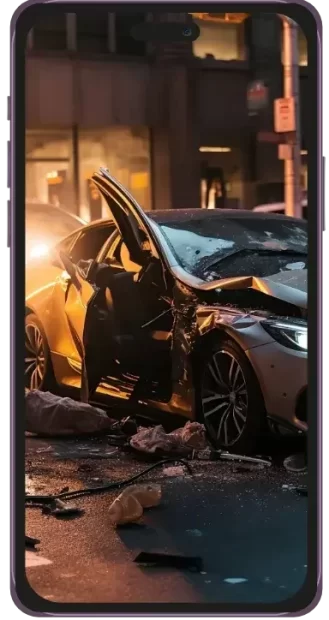
Don’t Know What to Do After A Car Accident? We are Here to Assist!
No matter the severity of an accident, it is always stressful and frightening. Don’t worry; Continental Car Hire, a premier accident claim management company, is here to save you from big trouble.
After a non-fault accident, have you been stranded on the road with an unroadworthy car? Don’t worry; call Continental Car Hire for immediate vehicle recovery in the UK. Even if you don’t have enough space to park the damaged car, place it in our storage unit until it is repaired.
Even if the car’s damages are not severe, we suggest not driving it, especially if you are unaware of the severity of the damage.
At CCH, we also have a list of approved garages and professional technicians who can assess the worth of your car after an accident. So, you can also know about;
What to Do After A Car Accident
Car accidents can be distressing and chaotic, but knowing precisely what to do after a car accident can help you navigate the situation efficiently and comply with UK laws.
In the UK, especially in a busy city like London, car drivers must follow specific guidelines to ensure compliance with the law and deal with potential insurance claims after an accident.
Here are a few steps you need to take immediately after a car accident to ensure your safety and win maximum compensation;
- Immediate Steps to Take After a Car Accident
- Contact Emergency Services
- Gather Information and Evidence
- Reporting the Accident
- Seek Medical Attention (Even if There Are No Immediate Symptoms)
- Understanding Your Legal Rights and Responsibilities
- Call CCH for Vehicle Recovery
- Claiming Compensation and Insurance Processes
- Preventing Future Car Accidents
1. Immediate Steps to Take After a Car Accident
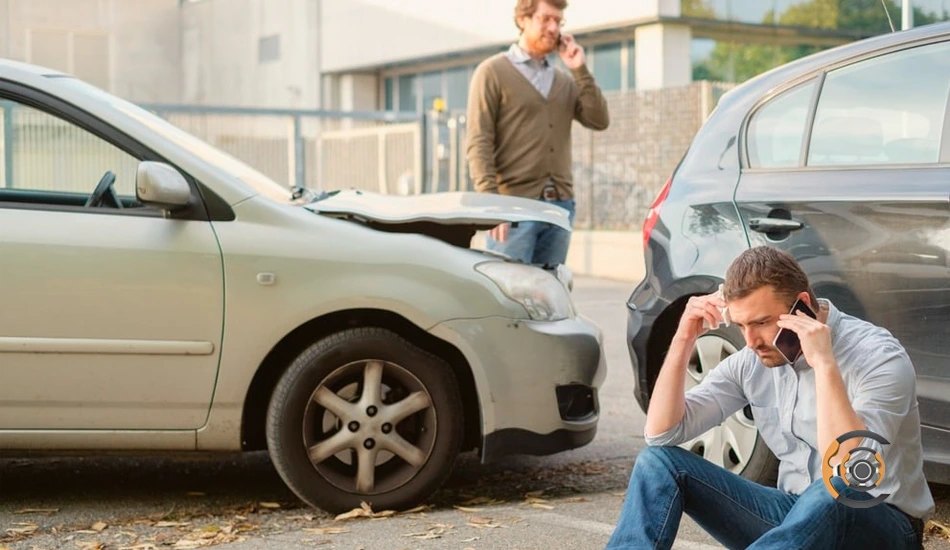
When an accident happens, ensure to keep yourself calm and consider following the initial steps, including;
- Check Yourself for Injuries
- Move to a safe location/Park your car on a safe side
- Turn on the car’s Alert Lights
Check Yourself for Injuries
Your priority should always be safety. Check yourself, your passengers, and anyone involved for injuries. If anyone is hurt, call emergency services immediately by dialling 999. Provide as much information as possible about the accident’s location and the condition of those injured.
Move to a safe location/Park your car on a safe side
Turn on the car’s Alert Lights
2. Contact Emergency Services
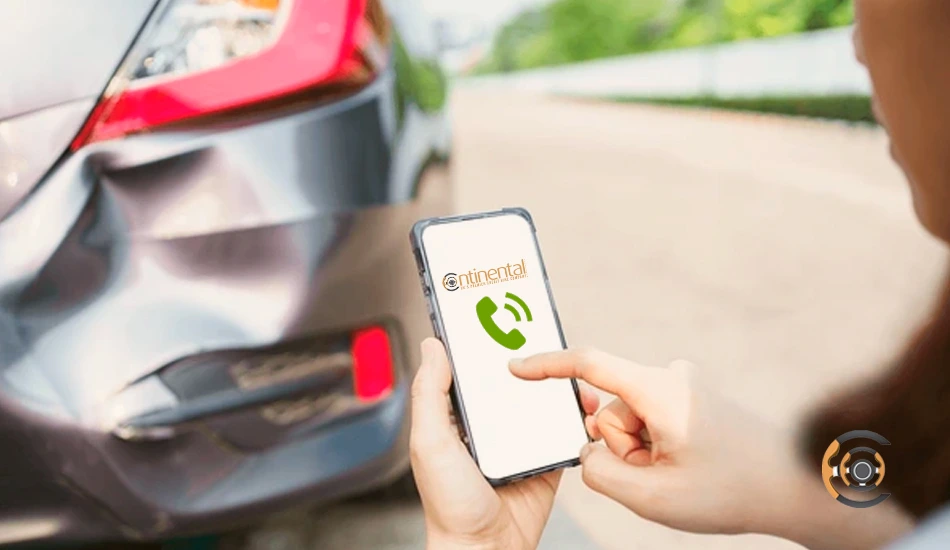
Even if the accident wasn’t your fault, you still need to contact the emergency services in a few situations, such as;
- When to Call the Police
- Report the Accident to the Medical Services
When to Call the Police
Call the police if someone is injured, if there’s property damage, if the road is blocked, or if there’s any suspicion of criminal activity. You must notify the police within 24 hours, even if the accident wasn’t your fault.
Report the Accident to the Medical Services
3. Gather Information and Evidence
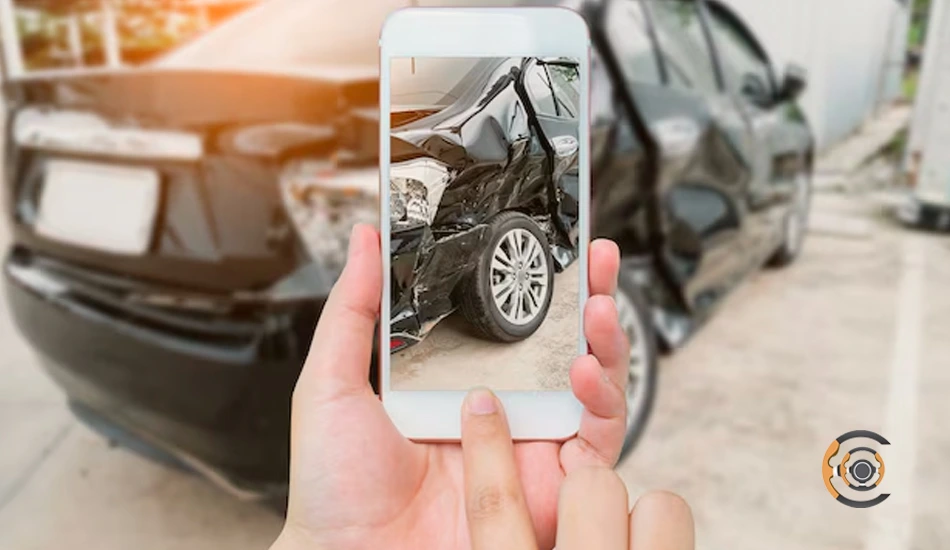
- Exchange the Information with Other Driver
- Take the Photos and Videos of Accident Scene
- Record the Witness Details and Statements
Exchange the Information With Other Driver
Take the Photos and Videos of Accident Scene
Document the accident scene, vehicle damage, number plates, road conditions, and any road signs. Photos can be crucial for insurance claims and help establish fault in a dispute. These evidences are essential whether you file a claim through an insurer or an accident claim management company.
Record Witness Details and Statements
If there are witnesses, take down their names and contact details. Witness statements can help verify the events of the accident and prove you are not at fault.
4. Reporting the Accident
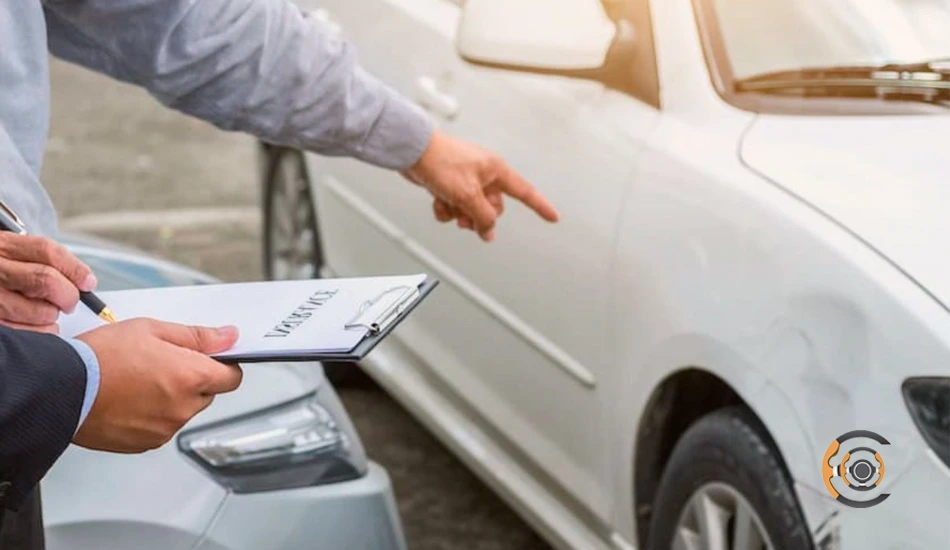
- Inform your Insurance Company
- Fulfil the Legal Reporting Requirements
- Inform the DVLA (Driving and Vehicle Licence Agency )
Inform Your Insurance Company
Notify your insurance provider as soon as possible, within 24 hours. This step is necessary even if you don’t intend to make a claim.
Fulfil the Legal Reporting Requirements
Inform the DVLA (Driving and Vehicle Licence Agency )
If the accident results in injuries that may affect your ability to drive, such as vision problems, trauma, or impairments, you may need to notify the DVLA (Driving and Vehicle Licence Agency).
Failure to do so could lead to fines and invalidate your insurance.
5. Seek Medical Attention
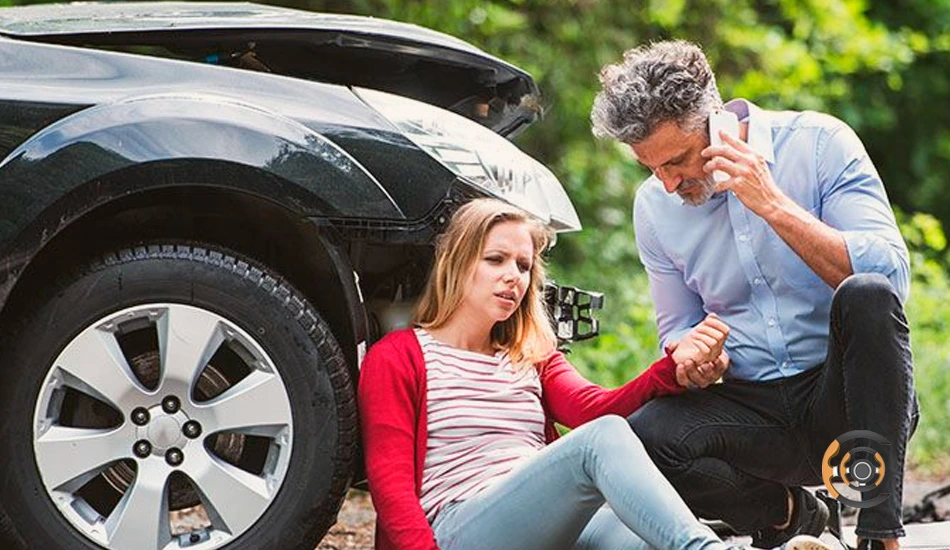
- Don’t Ignore Delayed Symptoms
- Complete the Medical Records
Don’t Ignore Delayed Symptoms
Complete the Medical Records
6. Understanding Your Legal Rights and Responsibilities
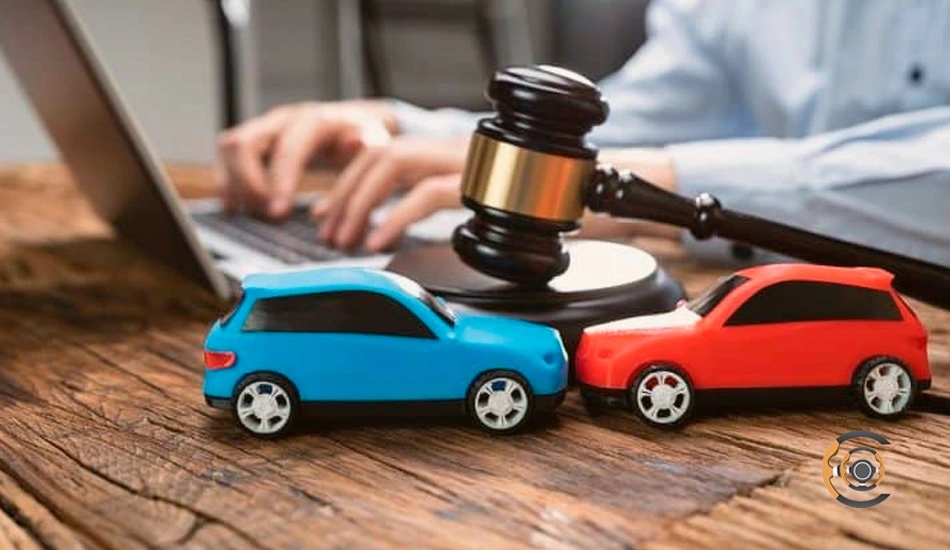
- Determine Who’s Liable for the Accident
- What to Do If the Other Driver is Uninsured
- What if the Other Driver Leaves the Scene (Hit and Run)
- What are the Legal Obligations After an Accident?
Determine Who’s Liable for the Accident
The fault in a car accident is determined based on the circumstances, eyewitness accounts, and evidence like dashcam footage. Your insurance may cover the damages if found at fault, but you could lose your no-claims bonus.
What to Do If the Other Driver is Uninsured
What if the Other Driver Leaves the Scene (Hit and Run)
What to do if the other driver escapes the scene. Ensure you gather as much evidence as possible, such as vehicle descriptions, partial license plates, or witness statements.
Additionally, drivers should understand the legal process for reporting hit-and-run incidents to the police and filing claims with the Motor Insurers’ Bureau (MIB).
What are the Legal Obligations After an Accident?
7. Call CCH for Vehicle Recovery
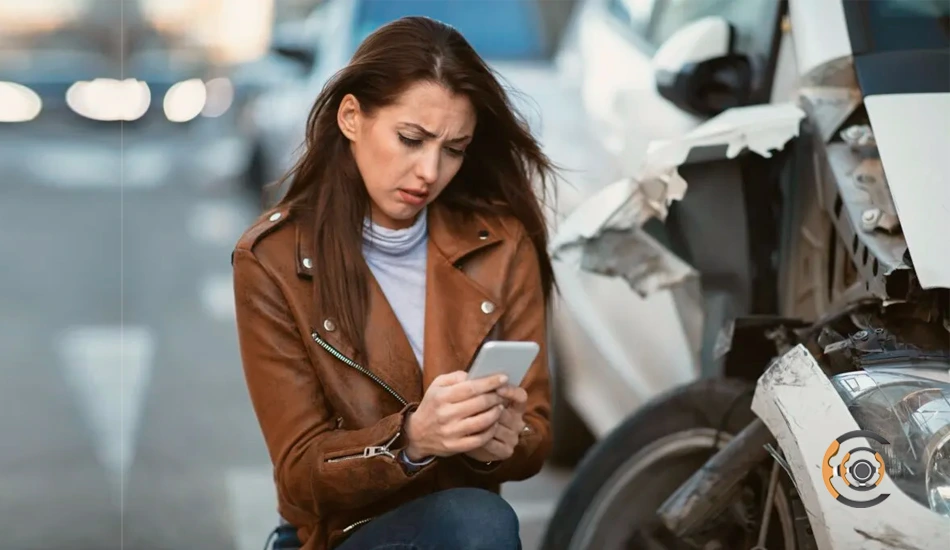
After a non-fault accident, have you been stranded on the road with an unroadworthy car? Don’t worry; call Continental Car Hire for immediate vehicle recovery in the UK. Even if you don’t have enough space to park the damaged car, place it in our storage unit until it is repaired.
Even if the car’s damages are not severe, we suggest not driving it, especially if you are unaware of the severity of the damage.
At CCH, we also have a list of approved garages and professional technicians who can assess the worth of your car after an accident. So, you can also know about;
When Do I Need Vehicle Recovery?
| Tyres and wheels | Car battery |
| Car’s brakes | Attachment of exhaust fan |
| Brake lights | Power steering wheel resistance |
| Headlights | Warning lights |
| Indicators | Fluid leaks |
| Flashlights | Cracks on windscreen and wing mirrors |
8. Claiming Compensation and Insurance Processes
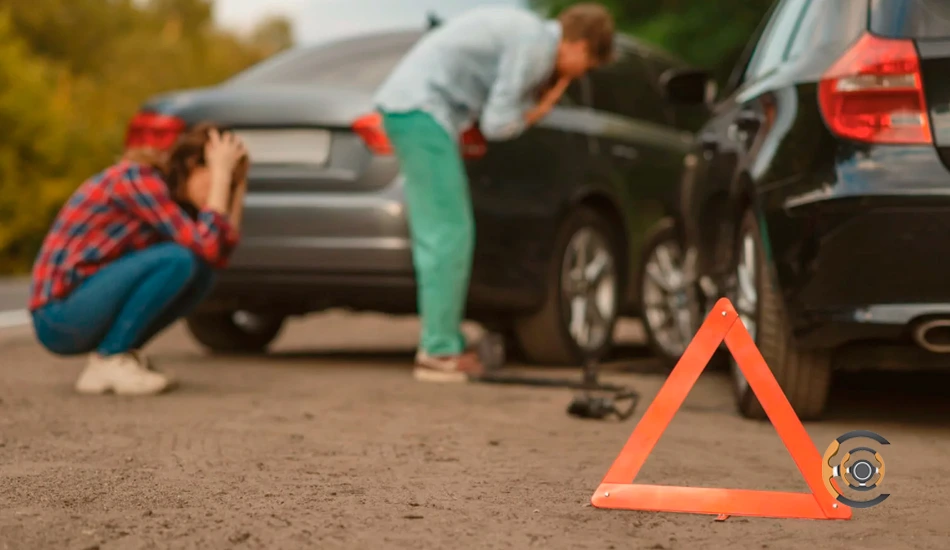
- File an Insurance Claim
- Involve a Personal Injury Lawyer
- Deal with Claim Solicitors
File an Insurance Claim
Involve a Personal Injury Lawyer
If injuries are significant, consulting a lawyer specialising in car accidents can help you secure fair compensation for medical expenses and lost earnings. Continental Car Hire also offers personal injury claim services for all non-fault drivers.
Deal with Claim Solicitors
9. Preventing Future Car Accidents
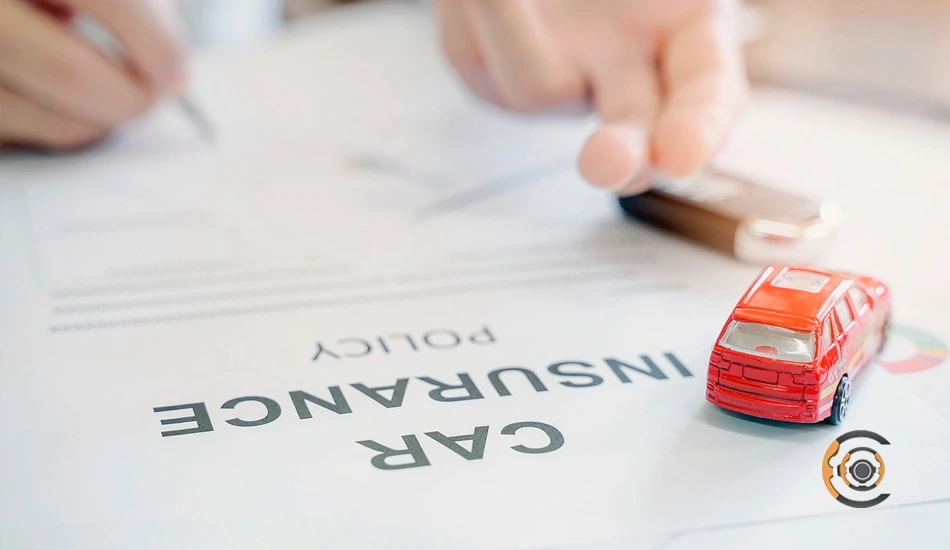
- Safe Driving
- Maintain Your Vehicle Regularly
- Practise Safe Driving Through Advanced Tests
Safe Driving
Maintain Your Vehicle Regularly
Practise Safe Driving Through Advanced Tests
File a Car Accident Claim with Continental Car Hire
Most people think calling their insurer after a non-fault accident is an ideal consideration. However, contacting an accident claim management company such as Continental Car Hire is always a wise choice one can make!
At CCH, we offer all non-fault parties multiple alternatives under one platform. So they can receive maximum compensation without affecting their no-claim bonuses. Moreover, CCH claims handlers proceed or file the non-fault accident claim on a no-win, no-fee basis.
Calling CCH is the best option to get what you are entitled to after a non-fault accident.
Frequently Asked Question
Yes, you must pay excess to your insurance company if you file a claim through them. However, a few insurers will only ask you to pay the excess if you are at fault. You might not need to pay if you are a non-fault. However, it entirely depends on the insurer’s policies and conditions.
Going to a claim management company is better than your insurer if you seek a prompt solution with maximum compensation. Here are a few reasons behind not going directly to your insurer after being involved in a non-faulty accident;
- Increased insurance premiums
- Affected no-claim bonuses
- Low-quality auto repairs
- They are always on the urge to save money
- Offer an essential courtesy car for a limited span
- Don’t offer compensation according to your loss
When it comes to choosing an accident claim management company, CCH, here are the perks;
- A leading accident claim management company in the UK
- A team of dedicated and experienced claim handlers
- We are here to protect your no-claim bonuses
- There is no need to pay excess premiums
- You’ll get a comparable replacement vehicle until your car is repaired
- 24/7 roadside vehicle recovery & storage services
- No cost to you
So, what’s more you are looking for? Now you know all about what to do after an accident. Give us a call and start your non-fault claim with us!
If your insurance claim is denied, you should:
- Review the denial letter carefully.
- Contact your insurer to seek clarification.
- Appeal the decision by following your insurer’s internal complaint process.
- If you disagree with the decision after the appeal, contact the Financial Ombudsman Service (FOS). They can help resolve disputes between insurers and policyholders in the UK.
- Stay at the scene and ensure everyone’s safety.
- Call the police immediately and report the incident.
- Gather as much information as possible, such as the vehicle’s make, model, colour, and registration plate details.
- Seek out witnesses who may have seen the incident, as their statements can be helpful for investigations.
- Notify your insurer about the hit-and-run, as some policies cover uninsured driver incidents.
If the accident was your fault, your ability to claim compensation depends on the type of insurance you have:
- Comprehensive insurance covers your damages even if you’re at fault.
- Third-party insurance does not cover your damages; it only compensates the other party involved.
- You can also consider using your collision coverage for repairs, though this will likely increase your premiums.

